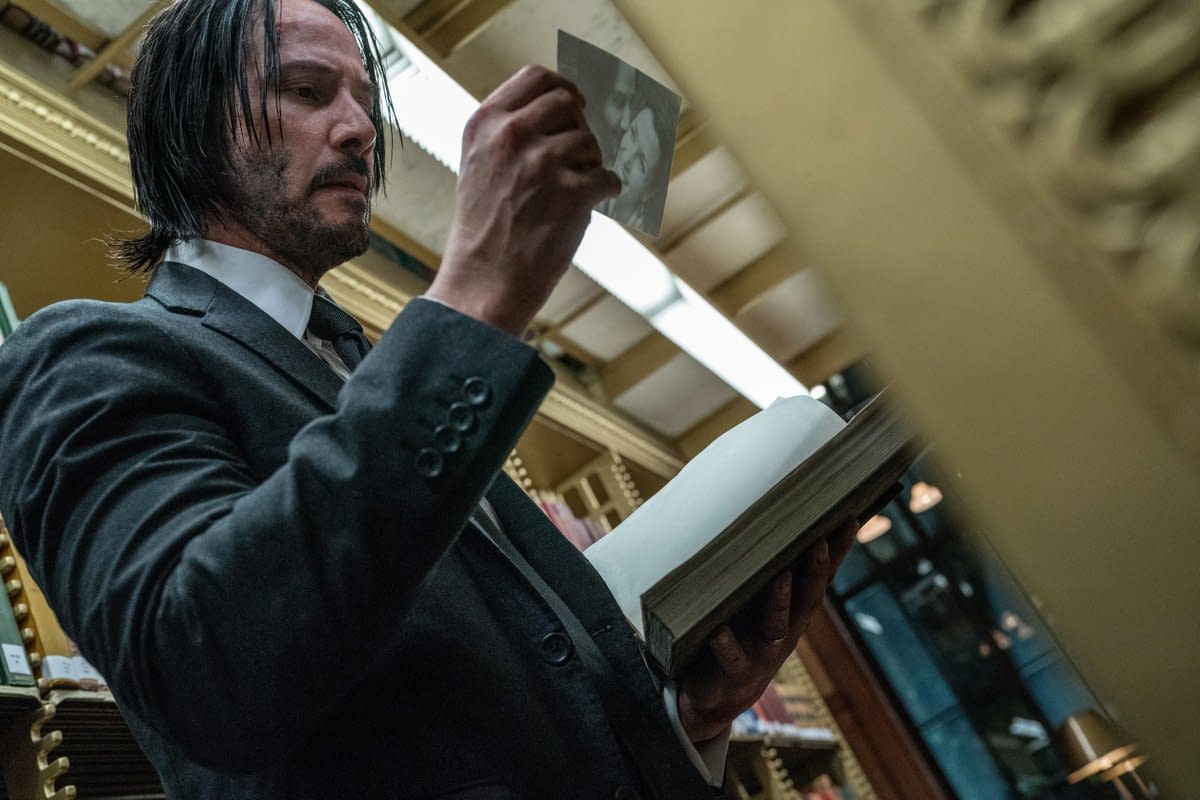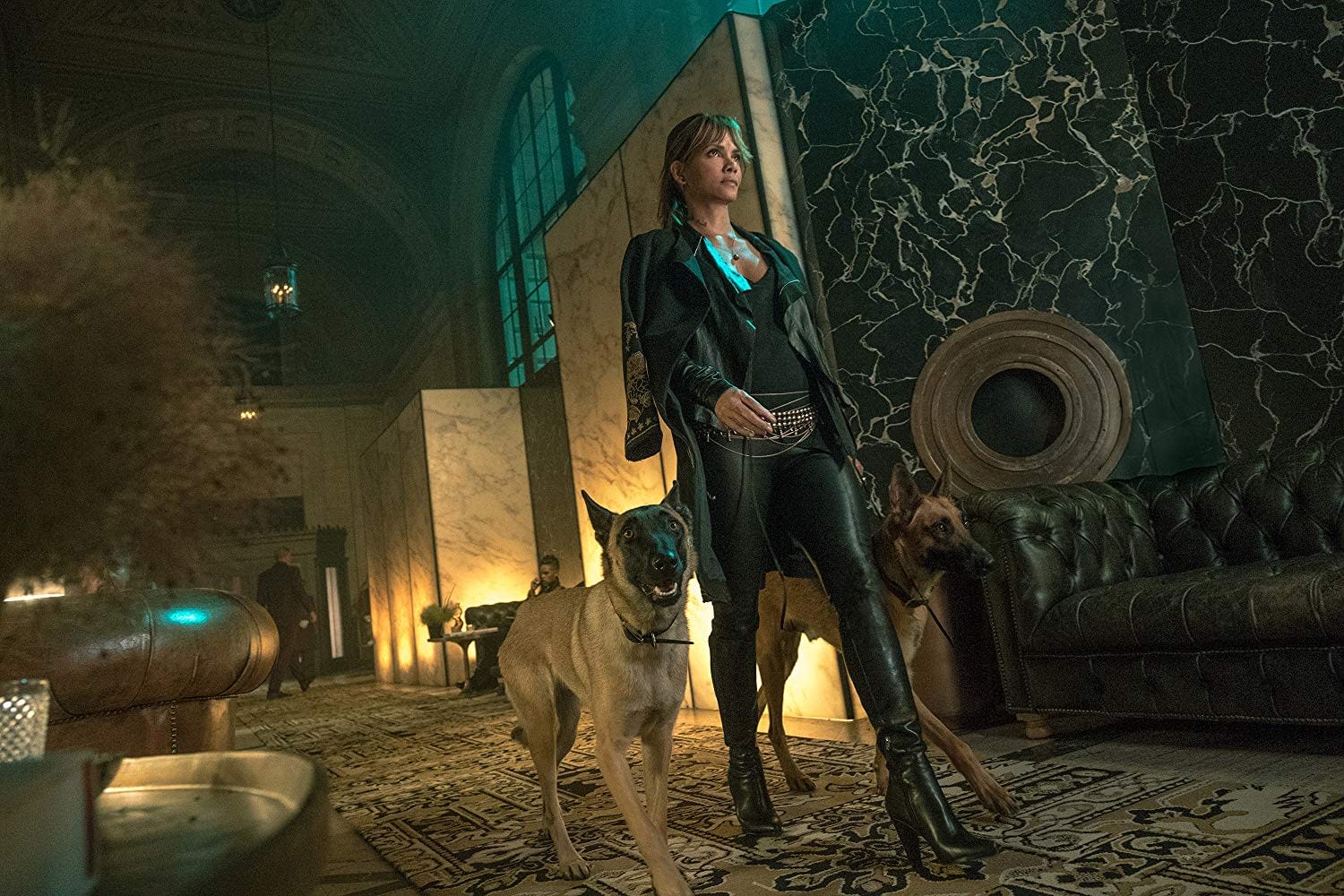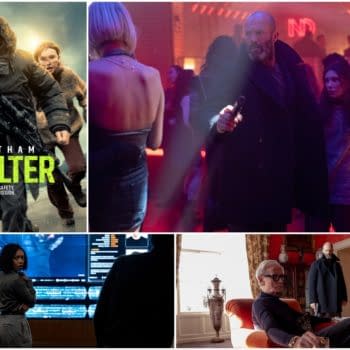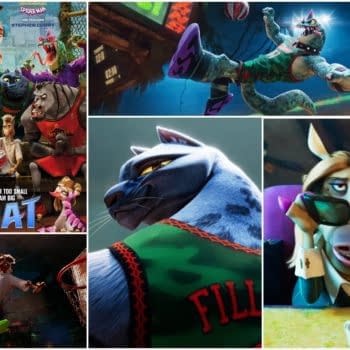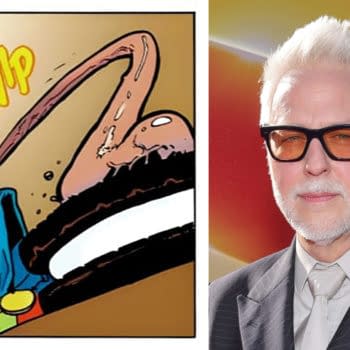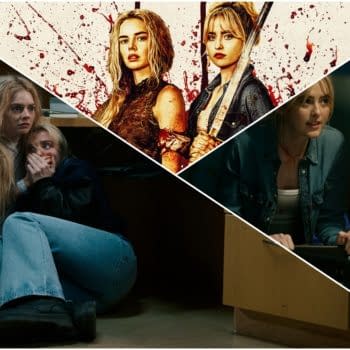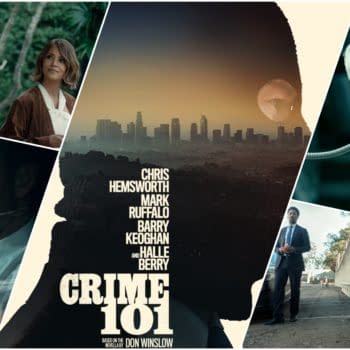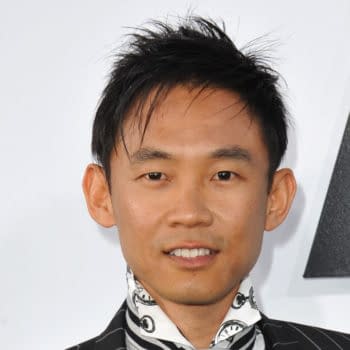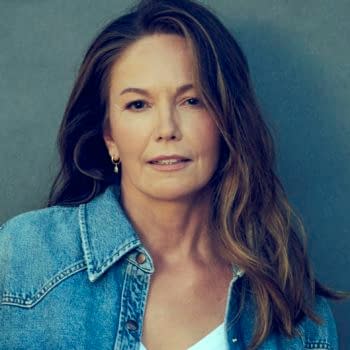Posted in: Lionsgate, Movies | Tagged: Chad Stahelski, john wick, John Wick: Chapter 3- Parabellum, lionsgate, movies
John Wick: Chapter 3 – Parabellum Director Chad Stahelski Interview
The John Wick series kind of came out of nowhere and this year we got the third movie in the series and they greenlit a four movie. We got the chance to speak to director Chad Stahelski in a phone interview for the home release of John Wick: Chapter 3 – Parabellum.
Bleeding Cool: You've got this very unique perspective going into building a humongous franchise, and the original movie started off on the festival circuit and just kind of started very slowly building momentum which is something that we don't really get to see anymore, and even more so from a first time director. Can you explain what it's been like to to go from a little indie movie that just happened to star Keanu Reeves to "we just greenlit our fourth movie and we have spin-offs and comics" and just going from one end of the perspective to the other?
Chad Stahelski: It's not as wacky to me because at the time my partner David Leitch and I had been doing 200 million dollar movies with second unit directing and action directing. The last five to six years of our 10-12 year action directing careers were spent on super high end, the big-budget movie, big action, big superhero movies. So we got a chance to see what can go wrong.
Take our favorite, top directors…Spielberg is one of mine. Look at his career. No different than ours. Look at Nolan's career. No different than ours.
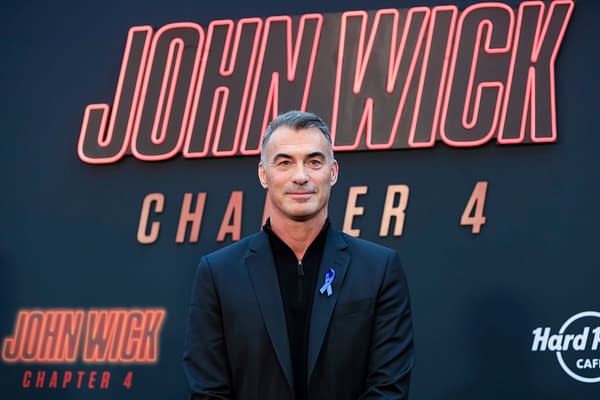
All the top directors have a natural learning curve. At the time when we switched into directing we were some of the top second-unit guys out there. And we thought we knew everything. We stepped into this little John Wick movie with no big explosions, no big spaceships, and no superheroes and not any crass, but we're a little fucked up, like shit, you know it kind of hit us. And you're talking about two guys that have shot more fight scenes, actual footage, and actors than most directors of five years. We were making probably more money and spending more time on set than a lot of main unit directors, and we were still thrown on our first directing job. Everything from the politics to the money to the budgeting to the working inside the financial box we had to work with. Coming up with thematics and holding tone and dealing with the cast.
And then post, oh my God… With action directors, you don't have to sit for five months of post. You just go "cut the fight, and then we're out of here! Give me the next paycheck! We had to learn a lot, a lot of where all the pitfalls of real directing go. It's easy when it's not yours and you just throw a couple of good ideas out. It's a whole other deal when you are responsible for every decision. Point being is, doing it the way we did… And Dave and I were offered several big jobs before that. Much bigger budget films. Thankfully our agents and our people around us and as well as ourselves knew that that wasn't the way to go. We're good at shooting from the hip. We're good at what we do, we know we wanted a certain style. We wanted people to let us do what we could do. We wanted to do a little bit more old school, but at the same time make an action art film. We couldn't find people who'd let us do an action art film. They just want to blow shit up.
So we did take a really small film. It might have been smaller than we wanted, but we had Keanu Reeves, who is going to give his heart and soul to us, and we had a producer in Thunder Road that just said fuck it, try it. Let's see what happens. And everyone trusted us. And that was a big part of the learning curve. And the second we went a little bigger. And the third we went a little bigger. And as a director, even as arrogant and as cocky and as knowledgeable and experienced as I was, it took a lot. It was a great progression to learn.
You start little, and you work your way up, you successfully do bigger. If we had just walked off the street, even with the experience that we had, if someone had handed us a 20 million dollar movie I think would've gotten crushed. Just like every other new director out there that starts with a big superhero movie, a big action movie, that has never been on a set longer than six weeks… You'd get crushed, you know?
It is a natural progression, that's how Hollywood used to work. If I was a studio guy and if I want to build the cachet of new directors I'd be like 'Great. I got a whole series of ten million dollar horror and action and thrillers and drama. Pick one of these. Knock it out of the park.".
I mean, James Cameron did Pirahna 2. Yeah. And knock it out of the park, and then another one and knock it out of the park. And then he got Terminator with a tight budget and had barely any action in it and he knocked it out of the park.
And you wonder why these guys are so fucking fantastic today. They learned they were progressive. They evolved. They just weren't crushed under the weight of a studio movie where everything is done for them, or nothing is done for them and they crumble under the weight. So one, I believe in progression, I believe in evolution of your creative nature so that's a good thing.
As far as the success ride of it all… Yeah, it's a trip man. Are you kidding, after the first John Wick, David and I thought we'd never direct again. We never think we're going to do a sequel. Even number three wasn't meant to have a sequel, it's just meant to be its own movie. It ends. I believe in open endings, I believe in tragedies more than anything. And I want to show that in John Wick. I don't have a fucking clue what's going to happen in number four but I'm working on it now.
I'm not any different than anybody else. I sit in a room and some days I have ideas somedays and somedays I don't. And you try to do it, and the best thing you have is a creative gut instinct that you try to work on. But you certainly don't try to force it.
Bleeding Cool: I'm so glad you talking about the progression because I've talked to a lot of indie directors and they've mentioned the whole 'going from a micro-budget to a huge budget' just is not good for anybody.
Chad Stahelski: You'll get crushed. And even if you don't get crushed you're not going to learn as much as you should.
Bleeding Cool: So what was unique about the third one as compared to shooting the first and the second one?
Chad Stahelski: I don't look at it as a saga. I don't try to connect them. I look at John Wick 1 as it's own thing, John Wick 2 as its own thing, John Wick 3 as its own thing. Just like you, you know, the article you write today, and then go back and look at it in a year and hopefully you're like jeez, I actually wrote that? So you're trying to evolve as a writer. I'm trying to evolve as a director so I look back and you see number two and hopefully they get better. As far as thematics and overall directing goes, not just bigger but better. And that's how I look at number four.
Number three, I finally felt like I had my shit together. I knew how to communicate. They say when you direct you have to speak at least nine different languages. I have to speak cinematography, I have to speak wardrobe, I have to speak camera angles, I have to speak hair and makeup, I have to speak gaffer. You have to know how to communicate with your department heads to get the best out of them. Otherwise, they're just isolated, doing a gig, and you're suffering for whatever they come up with. If you all work as a team, imagine what you could accomplish. So I knew how to speak better to Dan Lausten, I knew how to communicate to my stunt team better, I knew how to pay way more attention to fashion and wardrobe and how to really change a look. Because now I have a female lead, I had Halle Berry, which I hadn't had before. I had Anjelica Huston. So how do I really bring out the personality of the character. And a much bigger cast on this one.
I just came into John Wick 3 hopefully as much more attuned director, to cast and crew, and that's something I really wanted to improve on. So that's kind of the attitude it took when I stepped into it.
Bleeding Cool: I was at CinemaCon this year and Halle got up and talked about just how hard this was for her as an actress. What was it like directing somebody like Hale who just went into this full tilt. Like 'I want this role, you're giving me this role' pretty much just said 'you're casting me' and gave you absolutely no choice in the matter.
Chad Stahelski: Truth be told I'm a gigantic Halle Berry fan. She's got something. And when you meet her in the room, she's got that something. And she lights up the set. As a human being, she's a very positive person. So when she comes on, she is confident and she's positive. You know when Hale walks into the room. You can hear it, you can hear laughter. She just turns the room on like there's a little light to it. So when she comes in and says 'I'm going to be in your movie' you're like 'oh please be in my movie', there's not a lot of resistance there.
I believe my job is to educate as well as to be the director. I wanted to educate her as to what real action was and how we trained.
A lot of people do their own action. If it's a stunt? Yeah, you probably don't want to do it, because you gonna get hurt or something. If I needed you to do a skill set and I gave you two days to do it you're probably not going to reach your mark. If I give you six weeks, you might get a little better, if I gave you six months, there's a pretty good chance I could get you there. It's no different with cast. You just have to find people that want to commit.
These are big actors, and every time they do a movie they make money. And if you do three movies a year you make more money. When you're doing training for six months on one movie, you're not getting paid any more for that movie whether you train for six days or six months. That's just not how it works. So basically when I asked Haley Berry to train for six months, she's got to not take work for that time. That's a big commitment. That financial commitment. That's an emotional commitment, a physical commitment, and Hale was willing to go down that road, you could see it in her eyes.
That was the main decision. I knew she could act. We knew she would nail the role. We knew all that stuff. She loved dogs. She loved action. In her mind, there was something she wanted to achieve. Just the look of commitment on her face was enough for me to go 'I'm in'.
Summary: Super-Assassin John Wick (Keanu Reeves) is on the run after killing a member of the international assassin's guild, and with a $14 million price tag on his head – he is the target of hit men and women everywhere.
John Wick: Chapter 3 – Parabellum, directed by Chad Stahelski, will star Keanu Reeves, Ruby Rose, Ian McShane, Common, Anjelica Huston, Asia Kate Dillon, Mark Dacascos, Jason Mantzoukas, and Halle Berry. it is out on 4K, Blu-ray DVD and Digital now.


